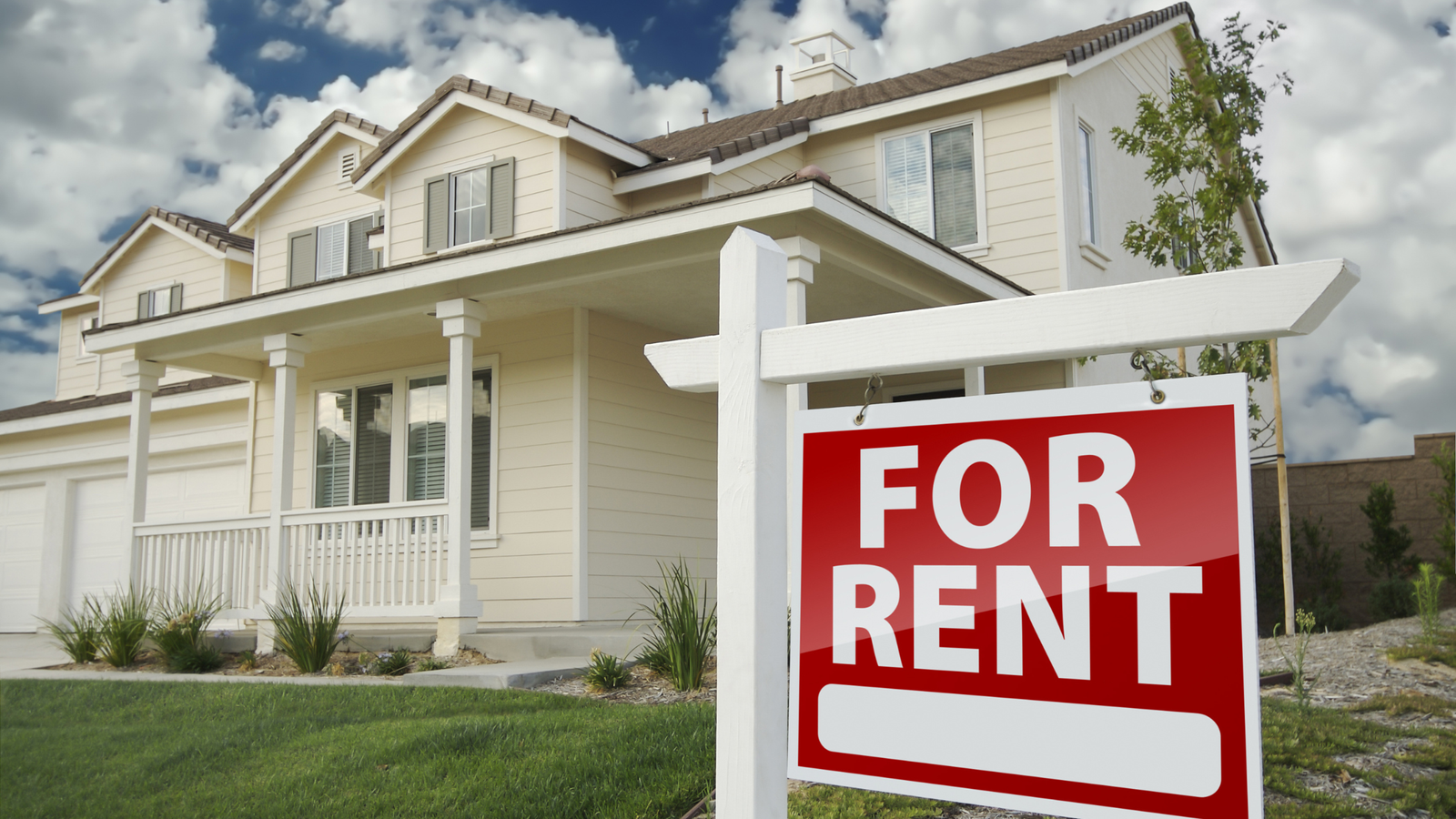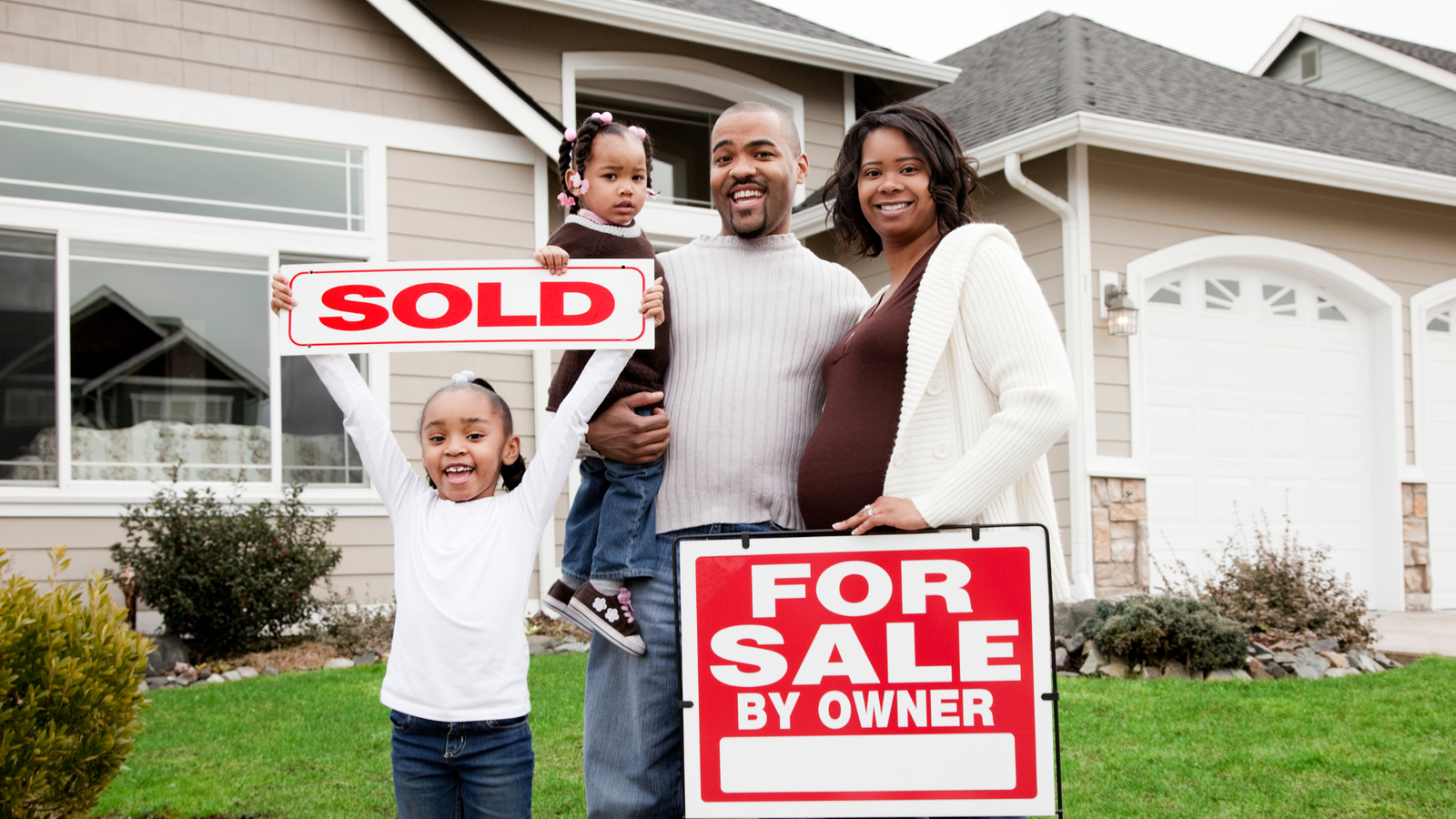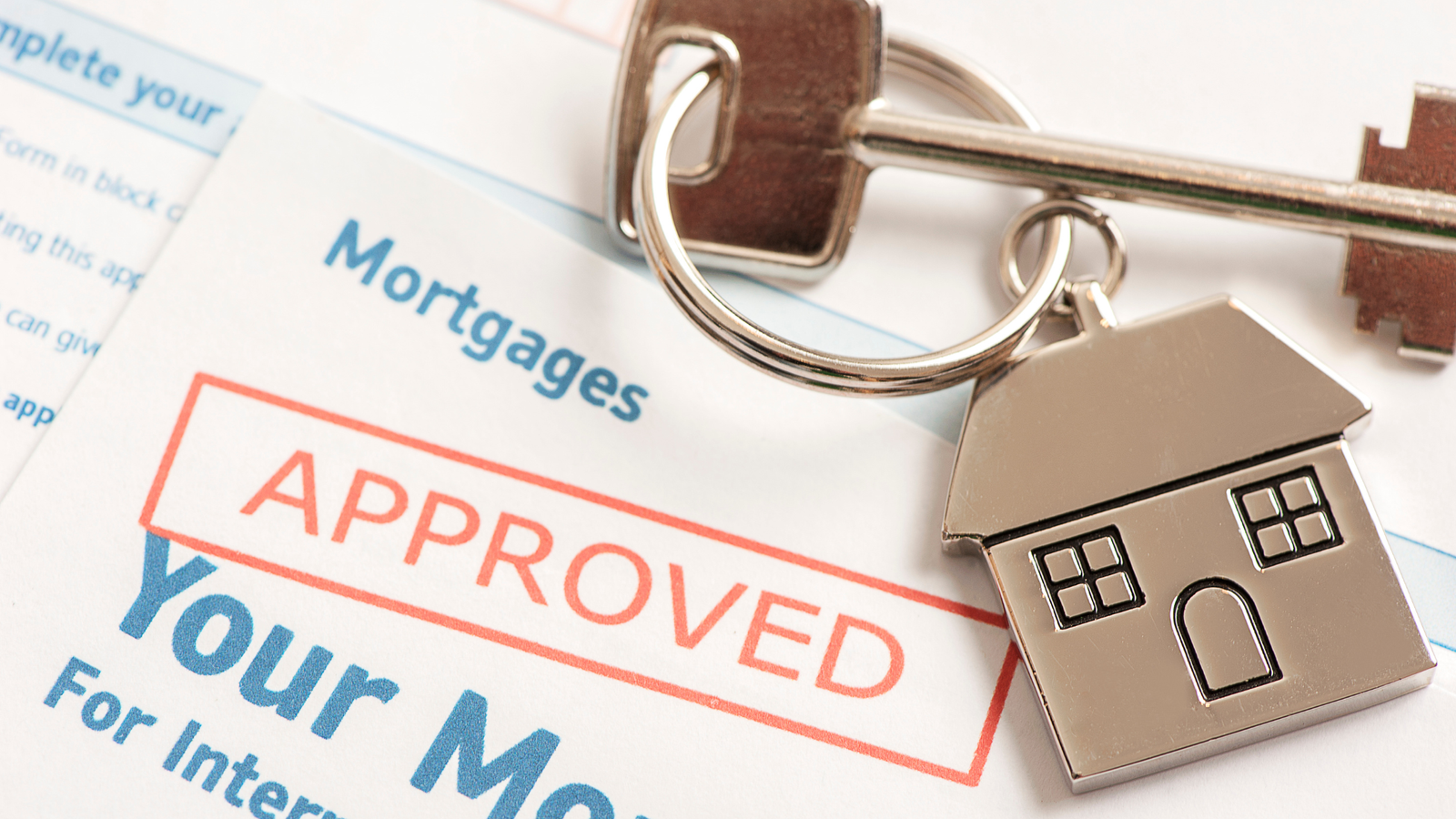Home ownership is something many people look forward to; no loud upstairs neighbors, no living with overbearing parents, and complete freedom to make your space look however you want is what drives many younger people towards home ownership. There’s just one drawback– buying a home is expensive! With how our economy works and the emphasis placed on credit scores, it’s especially difficult to secure a mortgage and afford a down payment on a house. Renting to own is one of many options that may help potential homeowners reach their goals, but like any financial option, it has pros and cons.
What is “Renting to Own?”
Before getting into the fine details, let’s go over what it means to “rent to own” a home:
Unlike renting an apartment or buying a house, rent-to-own houses start as lease-based housing. Then, after a certain period, renters have the option to purchase the property from their landlord. Ideally an option for people looking to “test out” a space before buying it, the lease period for rent-to-own spaces is significantly longer than a standard apartment or house lease. When the lease period ends, renters can then purchase the property.
The Pros
A lot of the pros for rent-to-own plans revolve around flexibility, creative work, and time.
You Get to Move In Faster
To start, the move-in process for rented properties is way faster than that of a purchased home. If you’re looking to move into a new space ASAP (and you don’t plan on moving anytime soon), renting to own is a great option. Plus, you get much more space to work with!
Full Control Over Your Space
Unlike apartments and other rental spaces that hold strict maintenance requirements and appearance standards, a rent-to-own property gives renters complete control over how they want the space to look, as long as they plan on buying it later. That means as soon as the rental period starts, renters can paint their walls, replace windows, and even plant trees or renovate the yard.
You Don’t Have to Settle
If you’ve got the money and are looking for a way to “test out” homes, renting to own may be a strong option. However, you will have to talk with their landlord about making the ownership part of renting to own optional. That way, there won’t be any major financial or legal trouble if you want to cancel the lease.
Renting Counts as an Investment
In a typical renting situation, 100% of the rent goes to the landlord. With rent-to-own homes, a portion of the rent goes toward the home’s down payment.
You Can Improve Your Home Sooner
Rent-to-own plans allow renters to make changes to their space as soon as they move in– this goes for renovations too! Landlords are generally less concerned about the status of their property if they know it’ll get sold within a few years.
No Property Taxes While Renting
While renting the home, you won’t have to worry about property taxes (that’s the landlord’s job). When you purchase the property, however, you will have to start paying them.
Build Your Credit For Later
Renting is one of the best ways to build your credit over time. Even if you aren’t renting a space with the intention of buying it later, making monthly payments to your landlord is a great way to build good credit for future mortgages.
The Cons
Renting a property to own it later comes with a lot of financial risk that’s ultimately dependent on the rent-to-own contract and future planning.
You Have to Take Care of Your Home
For starters, rent-to-own spaces may not include maintenance fees in the contract. This means the renter is entirely responsible for the upkeep of their home.
Depreciating Value
If left unattended or the renter can’t afford this upkeep, the home’s value will depreciate over time. By the time someone’s rental period ends, their space’s value might have significantly dropped. This can make getting a mortgage for the “ownership” part of the contract extremely difficult, as the home’s value no longer matches what the contract says.
Overall Cost
Rent-to-own plans generally have higher interest rates and monthly payments than traditional homeownership plans. Regarding monthly payments, keep in mind that a portion of each payment goes towards owning the home. If your rental agreement doesn’t include maintenance, your home’s upkeep and fees for doing so will come out of your pocket, too.
In addition to higher interest and monthly payments, many rent-to-own contracts come with option fees. Like a security deposit, landlords charge an option fee at the beginning of the contract period. If a renter changes their mind and does not want to purchase the home, there’s a good chance they’ll never see that option fee again.
Penalties for Breaking Contract
In addition to option fees, breaking a rent-to-own contract may also result in other financial or legal consequences. Always go over a rent-to-own contract thoroughly before signing it, and try to discuss certain stipulations (like being able to back out of the purchase) with the landlord.
Property Taxes After Buying
Once you own the property, you’ll have to start paying property taxes. This sudden expense can financially strain unprepared homeowners, so make sure you budget property tax when calculating expenses!
What to Consider Before Signing Your Lease
Renting to own isn’t for everybody. Before signing any lease agreement, make sure you acknowledge and take note of the following:
Your Ability to Make Monthly Payments
Since interest rates and monthly payments are higher for rent-to-own properties, make sure you’ve got the funds to make those payments on time. You’ll also need to budget any bills and maintenance costs for the home.
Your Credit Score
If your credit score is on the lower end, you might not be able to take out a mortgage. In this case, renting to own is a great option for you as long as you can make the payments. But don’t forget to pay attention to improving your credit score in the meantime so you can qualify for a mortgage at the end of your lease agreement. Click here to read our review of the best credit repair companies to work with.
Your Down-Payment
Compare the down-payment costs for the homes you’re looking at. If you can’t afford a down payment but need housing, consider renting to own it.
Your Plans for the Next Few Years
The long contract periods associated with rent-to-own properties mean you’ll have to stay put for a while. Make sure your current situation is stable enough so you won’t need to move and break your lease.
In Summary
Just like any other rental agreement, having a good credit score is also important to help you qualify for a home you love at a price you can afford. To get help repairing your credit, check out our review of the best credit repair companies to work with.










